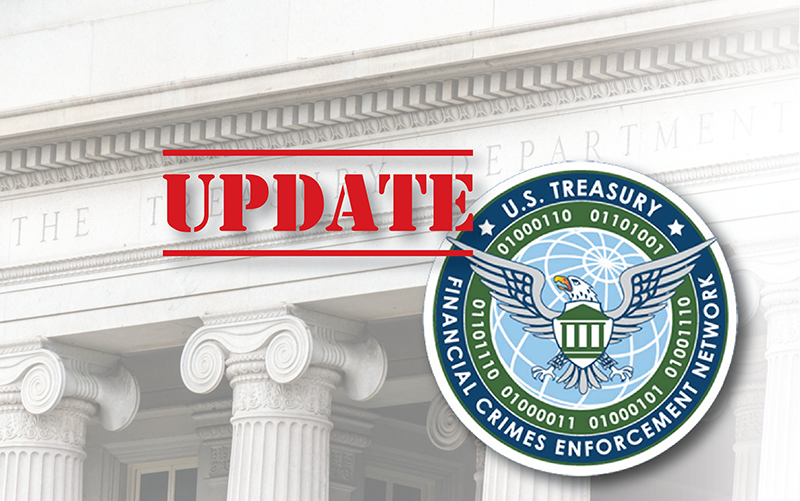Tim’s Tax News on the Tenth – November 2023
IRS Recently Ended Unannounced Revenue Officer Visits to Taxpayers

As part of a larger transformation effort, the IRS recently announced a major policy change that will end most unannounced visits to taxpayers by agency revenue officers to reduce public confusion and enhance overall safety measures for taxpayers and employees. This change reverses a decades-long practice by IRS revenue officers. IRS revenue officers are unarmed collection employees whose duties include visiting households and businesses to help taxpayers resolve their account balances by collecting unpaid taxes and unfiled tax returns. The IRS revenue officers' field visits will be replaced with mailed letters (known as a 725-B), to schedule meetings with a taxpayer.
This stop in field visits is a result of a combination of the passage of the Inflation Reduction Act of last year and the creation of the new IRS Strategic Operating Plan in April 2023. The ceasing, except in very unique situations, of filed visits by the IRS they believe will increase confidence in our tax administration work and improve overall safety for taxpayers and IRS employees. The National Treasury Employees Union also supports the policy change.
The IRS also noted that there have been increased security concerns in recent years on multiple fronts. The growth in scam artists bombarding taxpayers has increased confusion about home visits by IRS revenue officers. Sometimes scam artists appear at the door posing as IRS agents, creating confusion for not just the taxpayers living there but local law enforcement.
For IRS revenue officers, these unannounced visits to homes and businesses presented risks. Revenue officers routinely faced hazards and uncertainty making unannounced visits to attempt to resolve delinquent tax matters. The visits also created extra anxiety for taxpayers already wary of potential scam artists and owing a debt to the federal government.
The IRS noted there would still be extremely limited situations where unannounced visits will occur. These rare instances include service of summonses and subpoenas; and sensitive enforcement activities involving seizure of assets, especially those at risk of being placed beyond the reach of the government. To put this in perspective, these types of situations typically number less than a few hundred each year – a small fraction compared to the tens of thousands of unannounced visits that typically occurred annually under the old policy.
If you would like more details, please do not hesitate to call our office. Our office has been successful in helping taxpayers with IRS and IDOR collection problems for over 28 years. If you have a tax or debt problem, please contact me at 847-705-9698 or thughes@lavellelaw.com and find out how we can help you.
Are you receiving the Lavelle Law eNewsletter? Sign up today and receive valuable updates and perspectives on a wide range of legal issues: http://goo.gl/pjeJkm
More News & Resources
Lavelle Law News and Events










STAY UP TO DATE
Subscribe to our newsletter
Lavelle Law, Ltd. | All Rights Reserved |
Created by Olive + Ash.
Managed by Olive Street Design.


